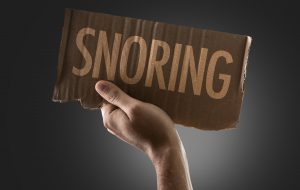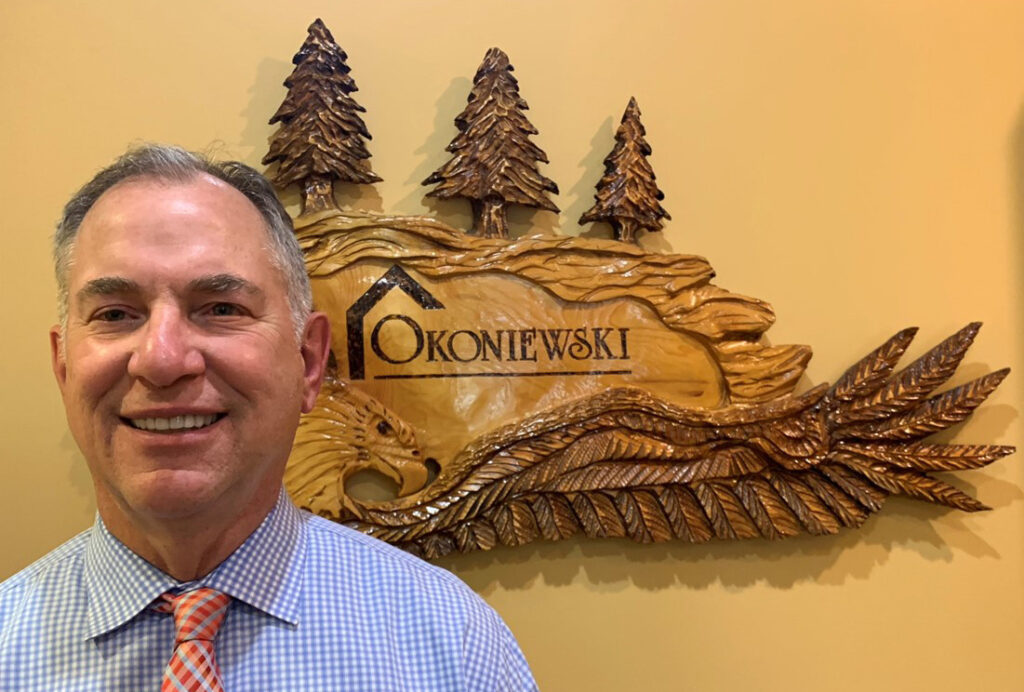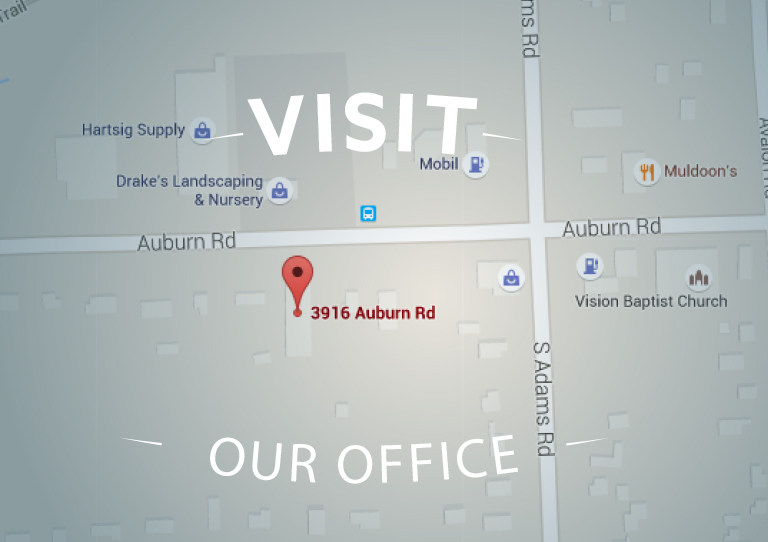 The moment you even begin scratching the surface of snoring and sleep apnea treatment, you will find that there are a few very common questions that can trip up just about anybody. You wonder what makes snoring unique from sleep apnea, what makes sleep apnea exactly what it is, and what you’re supposed to do to treat them. Do they require the same care? Are they identical or not? Take a moment for a very quick yet thorough rundown on the details you need to protect your nightly snoozing!
The moment you even begin scratching the surface of snoring and sleep apnea treatment, you will find that there are a few very common questions that can trip up just about anybody. You wonder what makes snoring unique from sleep apnea, what makes sleep apnea exactly what it is, and what you’re supposed to do to treat them. Do they require the same care? Are they identical or not? Take a moment for a very quick yet thorough rundown on the details you need to protect your nightly snoozing!
Snoring Is: Partial Tissue Collapse
When you’re snoring, what you’re hearing (or, what your partner is hearing) is your tissues in your throat. They are in contact with one another because your tissues have collapsed partially. Think of it as your throat muscles and tissues being just a bit too relaxed. They shouldn’t be touching and vibrating together to create all of that racket (but they are!).
Sleep Apnea Is: Full Tissue Collapse
Now, sleep apnea is similar to snoring but it’s the next step: You’re not just experiencing throat tissues that have relaxed a little too much and are touching. Instead, they’ve completely relaxed and have essentially caved in on one another. Instead of snoring, you just stop breathing. As you may imagine, this is dangerous and the reason to seek sleep apnea treatment!
Both Problems Require: An Oral Appliance
Whether you’re snoring or you have sleep apnea, an oral appliance will help. What is it? Well, it’s a mouthguard that is meant to gently push your lower jaw out every so slightly. This will prevent all of that partial or full caving in of tissues, so you can breathe. Say goodbye to vibrations and to obstructions when you select sleep apnea treatment from our practice during a visit.
Talk About Sleep Treatment With Our Team
Whether you need care for snoring, sleep apnea, or both concerns, remember that we can address both issues with a customized oral appliance. To learn more, schedule an appointment or initial consultation by calling Advanced Dental Concepts in Auburn Hills, MI today at (248) 852-1820.



